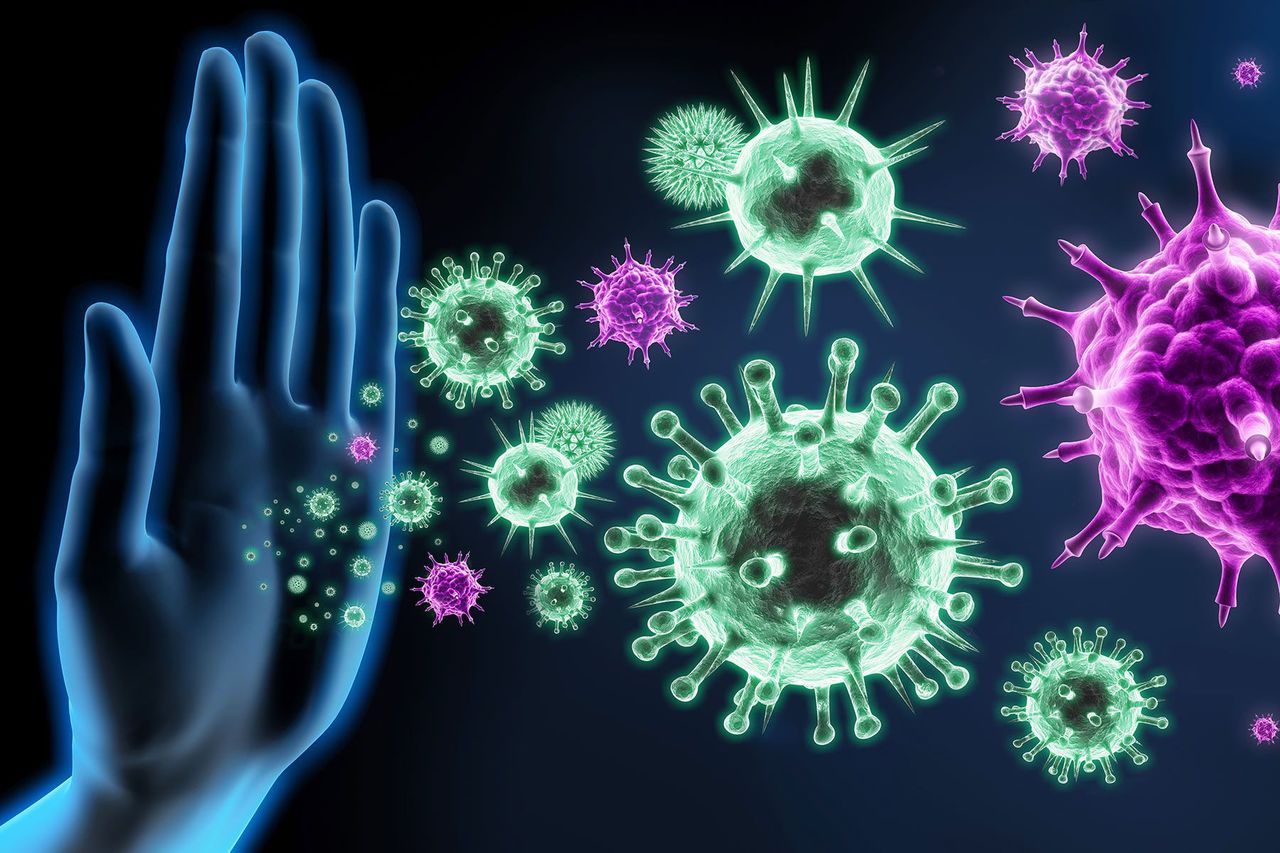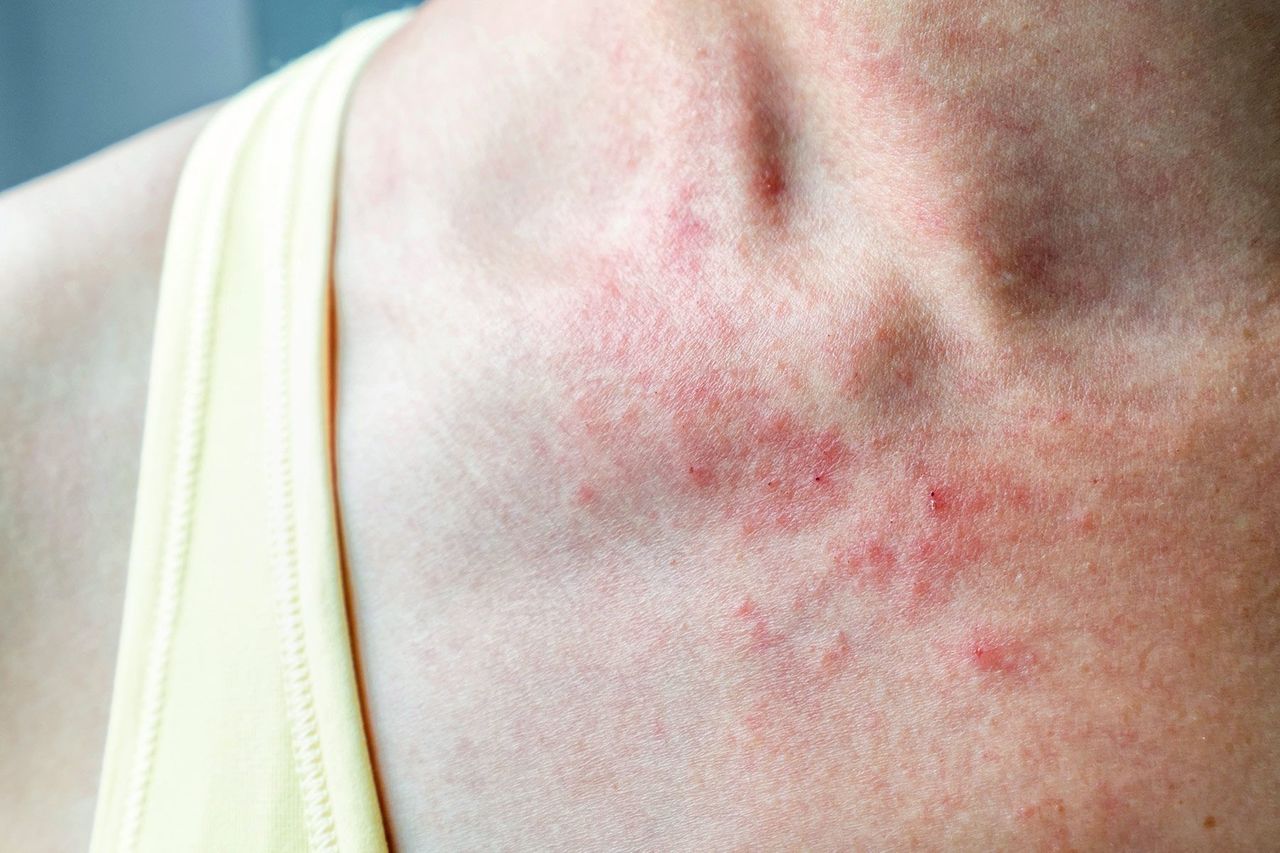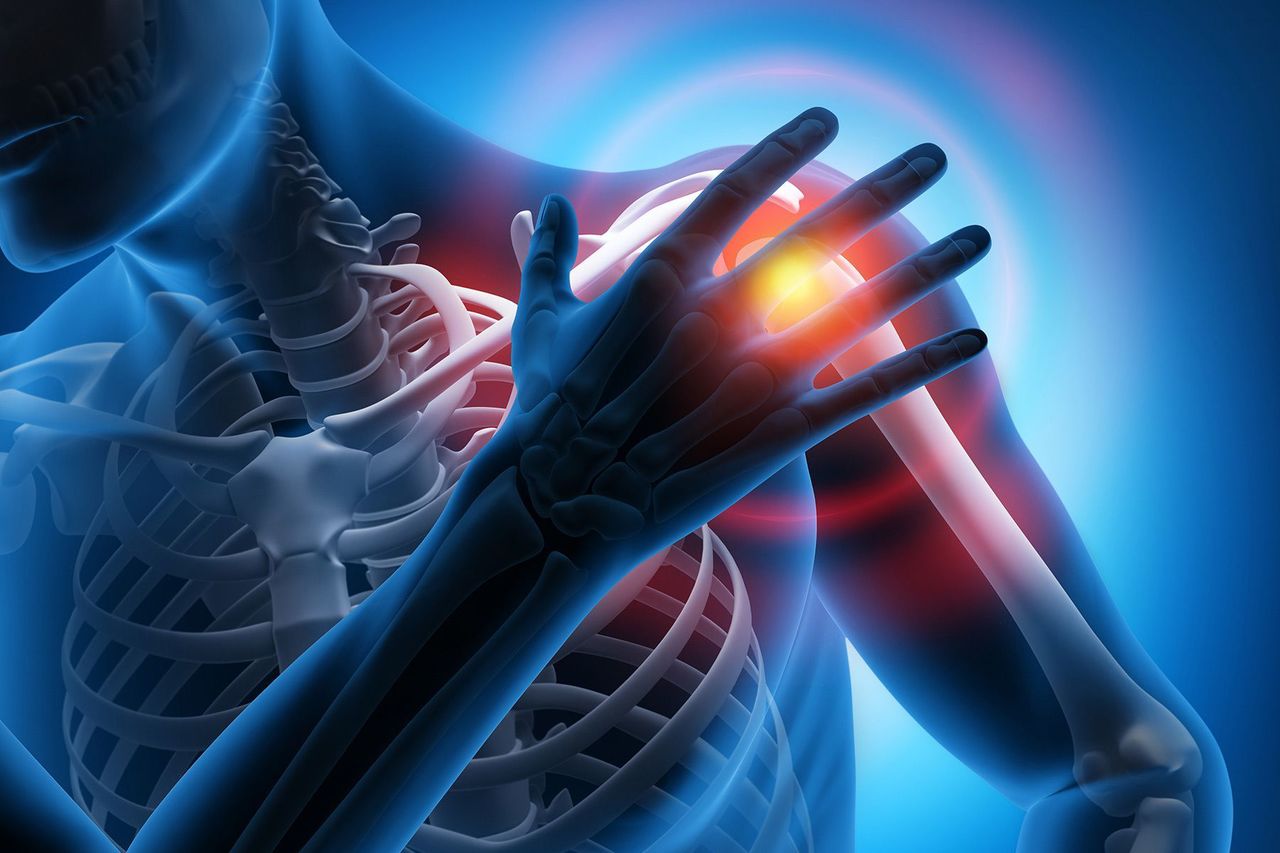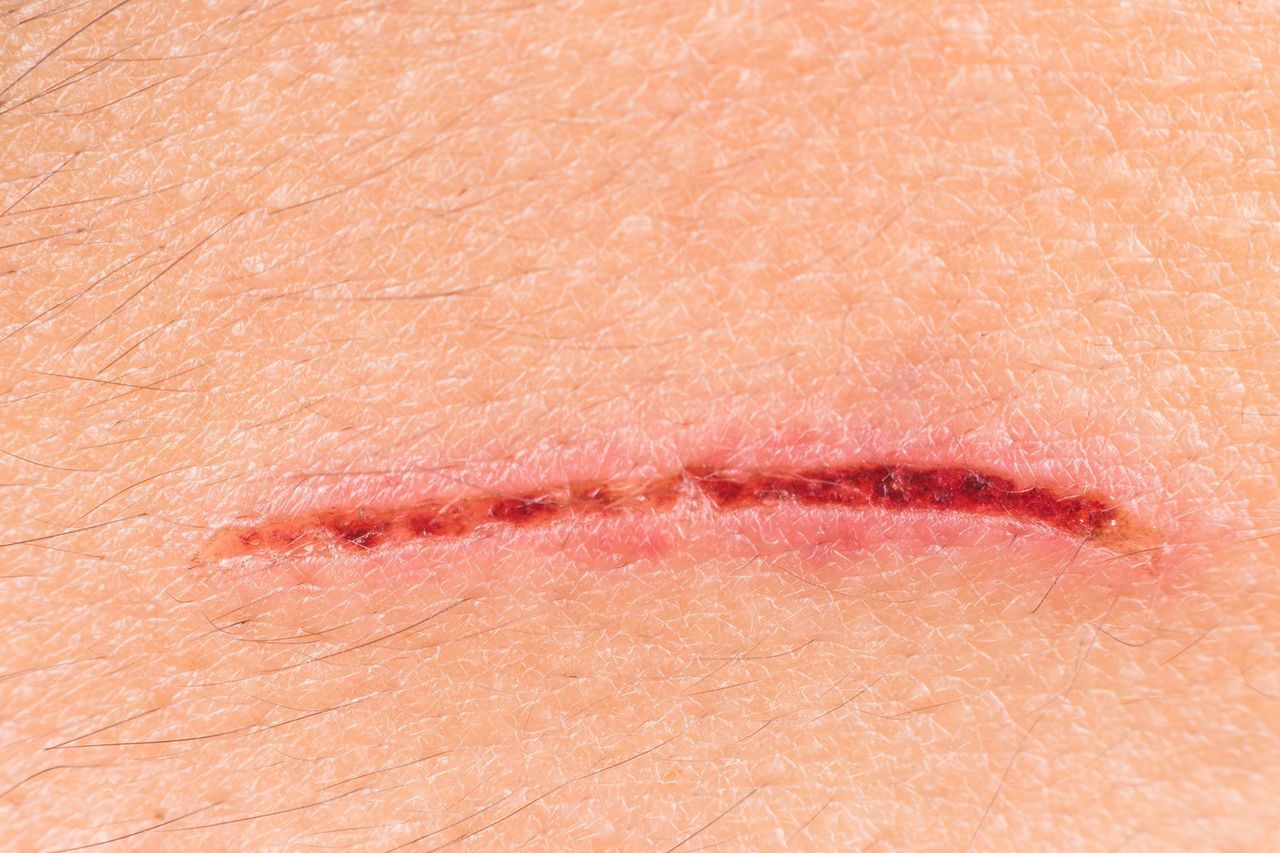
Symptoms of Immune System Problems

What Are Immune System Problems?
Your immune system should fight off disease and help your body heal. But your immune system can be weak, underactive, overactive, or even attack your body by mistake. Immune system problems can cause symptoms, allergic reactions, or persistent illnesses.
Dry or Gritty Eyes
Very dry eyes can be a sign of immune system problems. In Sjögren’s syndrome, your immune system dries up tears that keep eyes moist. Your eyes are dry, red, and may feel like you have grit or sand in them. You can develop blurry vision or even cornea damage.
Depression
Depression can be a sign of immune system problems. A faulty immune system can send inflammatory cells called cytokines to your brain. They lower your levels of chemicals like serotonin that lift your mood. The good news: Exercise can boost serotonin, lessen inflammation, and help ease your depression.
Skin Rash
Eczema’s itchy rash is an allergic reaction that means your immune system is overactive. Psoriasis and psoriatic arthritis are diseases linked to a faulty immune system. Your immune system attacks your own skin cells with inflammation. This can cause red, flaky, painful blotches called plaques. 
Stomach or Bowel Problems
Stomach and bowel symptoms may be signs of an immune symptom problem. Diarrhea, belly pain, bloating, and weight loss are symptoms of Crohn’s disease, ulcerative colitis, or celiac disease - conditions driven by your immune system. 
Cold Hands and Feet
Do your hands and feet turn white or blue in the cold? In Raynaud’s disease, blood flow to hands and feet may slow down in cold temperatures, causing skin to feel cold and change colors. It’s an autoimmune condition. Cold hands and feet could mean your thyroid gland is underactive due to your immune system.
Hair Loss
Your immune system can attack your hair at the root and damage it, causing alopecia areata, or hair loss. Hair may fall out in small patches on your head or anywhere on your body. Other immune system problems like plaque psoriasis on your scalp can cause patchy hair loss too.
Sun Sensitivity
Immune system problems can make you very sensitive to sunlight. If you have lupus, your skin may burn easily from even brief sun exposure. Sun on your skin can cause an immune system flare-up of all lupus symptoms, so always wear hats, sunglasses, cover-ups, and high SPF sunscreen to protect yourself.
Joint Pain
Suddenly painful, swollen, stiff joints may be a symptom of rheumatoid arthritis (RA). In RA, your immune system inflames tissue lining your joints. This causes severe joint pain. 
Wounds Slow to Heal
If your immune system is sluggish, minor wounds like a cut, burn, or scrape may be slow to heal. A healthy immune system reacts quickly to a wound and sends nutrients to promote healing. If your wounds take a long time to get better, your immune system may be underactive.
You Get Sick All the Time
Frequent infections like colds or flu also could be signs of an underactive immune system. If you have four or more yearly ear infections, chronic sinus infections, pneumonia twice in one year, or you need antibiotics twice a year or more often, you could have an immune deficiency.
Fatigue
You may feel tired after lots of activity. But if you’re wiped out often, even when you do get sleep, you may have a sluggish immune system. Fatigue is when you’re so exhausted you can’t even walk across the room. An overactive immune system may trigger inflammation that causes this severe tiredness.











